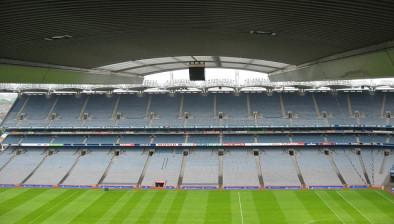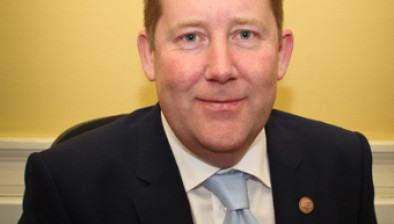High Court: Application pursuant to s.50(1) of the Planning and Development Act 2000 comes before High Court for first time

The High Court has determined that An Bord Pleanála is not functus officio in circumstances where it erroneously failed to make a decision on an application for substitute consent.

About this case:
- Citation:[2024] IEHC 546
- Judgment:
- Court:High Court
- Judge:Ms Justice Emily Farrell
Delivering judgment for the High Court, Ms Justice Emily Farrell stated: “A purported decision of the Board to grant an application which was not before it (i.e. an application under section 177D) cannot have the effect of ousting its jurisdiction, and statutory duty, to determine the application before it which had been made under section 177E and fell to be determined under section 177K. That is the only application which was and is live before the Board.”
Background
In March 2016, the respondent company applied to the applicant for leave to apply for substitute consent pursuant to s.177D of the Planning and Development Act 2000 (as amended) in respect of a quarry owned and previously operated by it.
In February 2017 leave was granted pursuant to s.177D and on 15 August 107, the respondent made its application for substitute consent under s.177E of the 2000 Act, the time having been extended to facilitate its application.
The applicant’s inspector recommended that substitute consent be granted “subject to conditions” and in July 2021, the applicant requested information in relation to exceptional circumstances which would justify a grant of substitute consent in light of amendments to the 2000 Act.
In November 2022, the applicant’s inspector subsequently prepared an addendum to her report which stated that she was satisfied that the respondent had provided a robust response to the request for information concerning exceptional circumstances.
The applicant met again to consider the application under s.177E in January 2023. On 2 March 2023, the applicant requested that the inspector prepare a further addendum report taking account of the developer’s submission, which was furnished to the applicant on 10 March 2023 in identical terms to her November 2022 report and which likewise referred to s.177D(1)(b) of the 2000 Act.
Having considered the respondent’s application on 31 March 2023, the applicant erroneously determined that it would grant leave to apply for substitute consent and made a direction on foot thereof dated 4 April 2023.
The applicant applied to the High Court pursuant to s.50(1) of the 2000 Act seeking directions as to how it should resolve the situation, noting that no criticism was made of the respondent nor did any act on part of the respondent cause it to issue the proceedings.
The High Court
Recognising that this was the first time that an application pursuant to s.50(1) had come before the High Court, Ms Justice Farrell was satisfied that there was a live issue before the applicant for the purposes of s.50.
The judge considered that “there was an error in the manner in which issues relating to the respondent were considered by the Board at its meeting on 31st March 2023, and in the subsequent Board direction and order. It is clear from the evidence that what has occurred is that the Board has purported to grant an application which was not before it.”
The court continued: “Had the Board adverted to the mistake in the recommendations of the inspector in the two addendum reports, and determined the application under section 177K as it was required to do, one would expect that it would have taken care to ensure that the decision made was a decision to grant (whether with or without conditions) or to refuse substitute consent.”
The court confirmed that there was no basis upon which it could be said that the applicant had decided to grant or refuse the application pursuant to s.177E — the minutes of the applicant’s meeting, direction and order did not disclose that any decision had been made on the application pursuant to s.177E nor did they address the issue of whether conditions should be attached to a grant of substitute consent.
Finding that the absence of any reference to conditions reinforced the court’s view that this was not a case of a typographical or clerical error, Ms Justice Farrell determined that the decision could not have the effect of ousting the applicant’s jurisdiction and statutory duty to determine the application before it.
The court considered that the decision was a nullity, noting that in order for the decision-maker to be functus officio, it must have exercised its authority by determining the application before it, which the applicant had yet to do.
The court opined: “In essence there is a decision without an application which is a nullity, and an application which has not been decided.”
Conclusion
Accordingly, the High Court stated its intention to make a direction that the decision on the application pursuant to s.177E is made under s.177K within a specified timeframe, and invited the parties’ submissions on whether the applicant may require a further addendum to its inspector’s report.
An Bord Pleanála v Patton Bros. Quarry Limited [2024] IEHC 546











